Farming innovation in Bangladesh
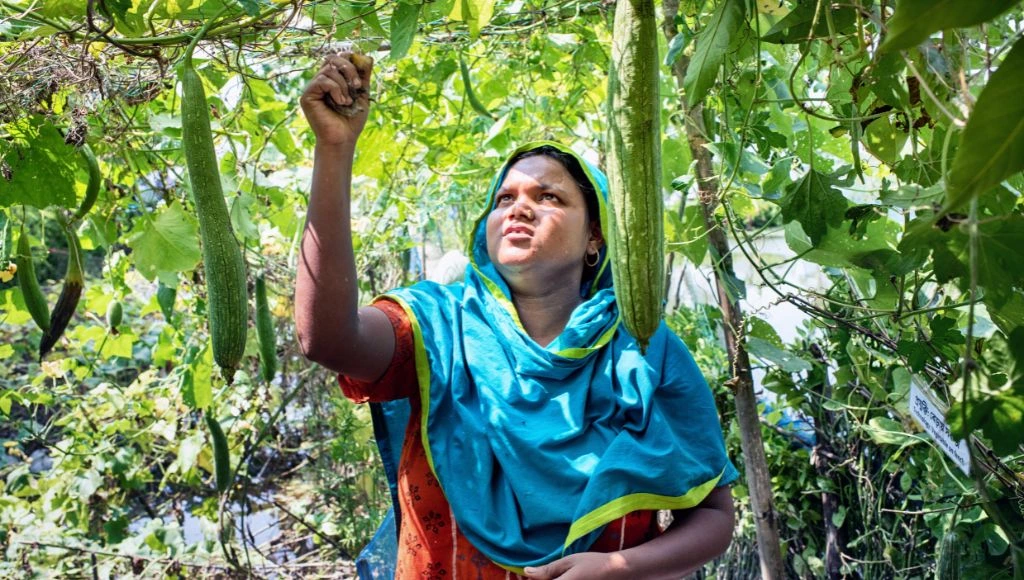
Erratic weather in Bangladesh is putting crops at risk. Explore how farmers like Shilpi and Sabuda are using sustainable techniques to protect their food supply.
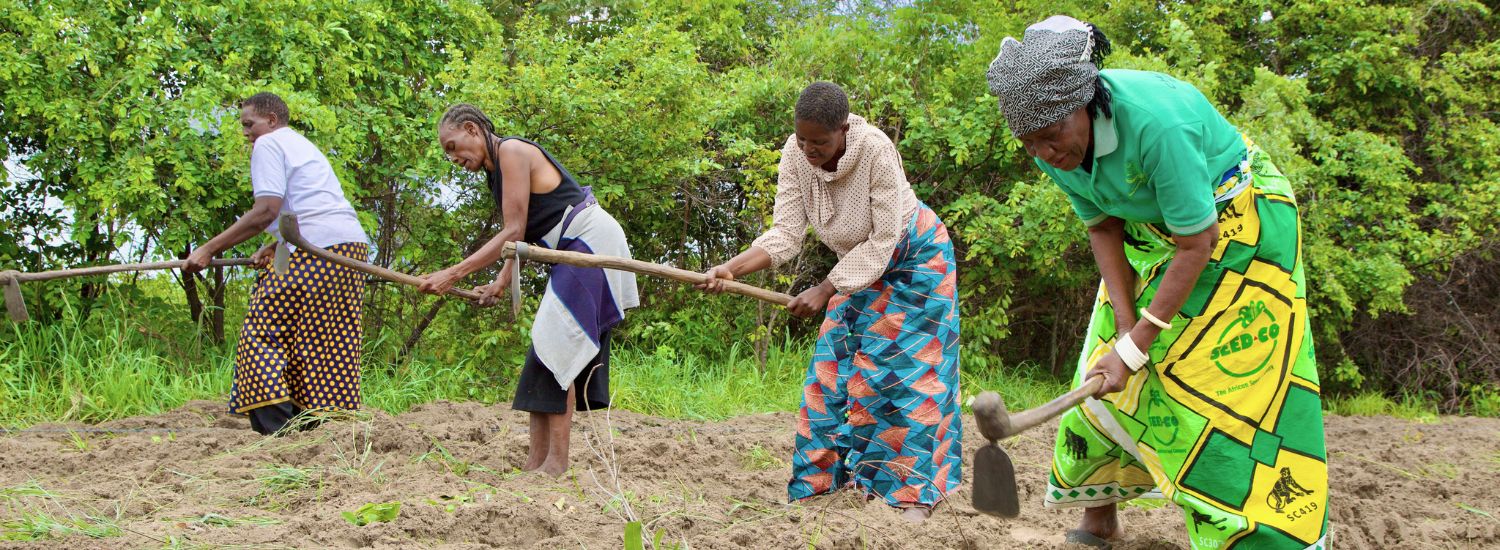
The climate crisis is worsening. Vulnerable farmers and communities have no food security. This is how the changing climate is impacting global hunger.
Climate change is a big cause of hunger and malnutrition around the world.
And without change, the warming climate and related biodiversity loss will cause famine and food insecurity globally. Extreme weather events will become more frequent and growing seasons will be shorter.
We’re in a climate crisis. This is a humanitarian emergency.
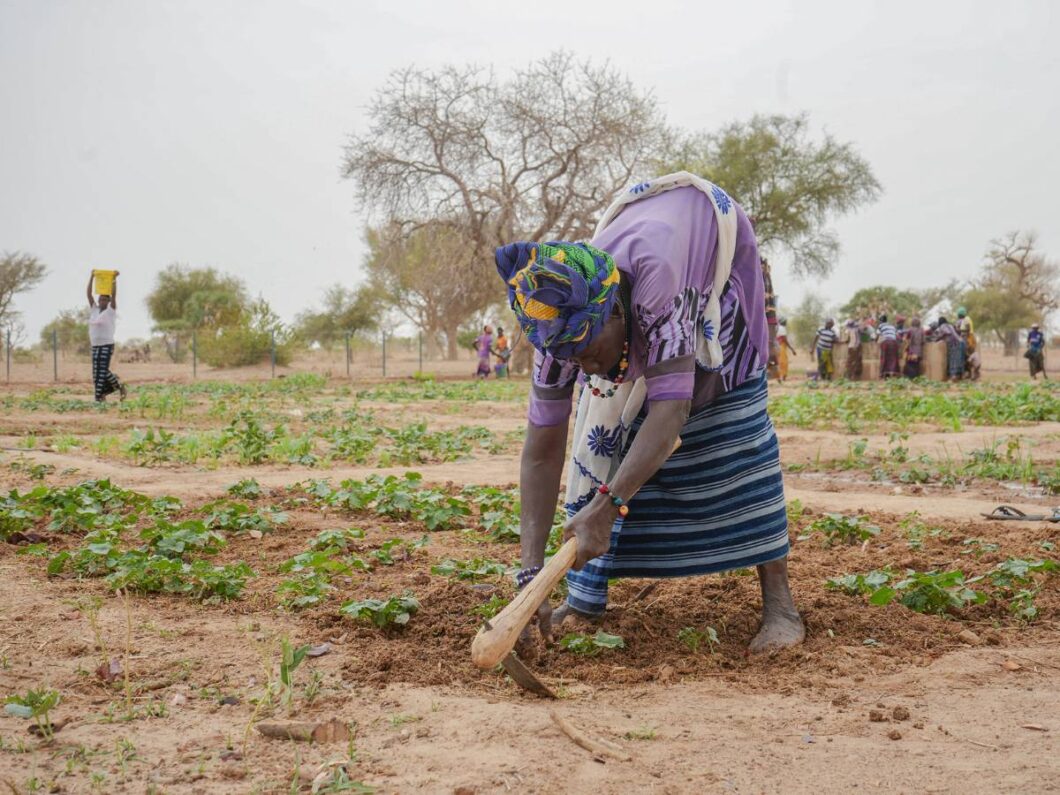
Climate change is causing extreme weather events like droughts, floods, wildfires, causing a long term threat to food security and nutrition.
The world is reaching record high temperatures, seriously impacting how much food is available.
Extreme weather can force people to leave their homes and their livelihoods. Crops can be reduced, destroyed or fail completely.
In turn, this all leads to a drop in farming and food production. And less food means more hunger.
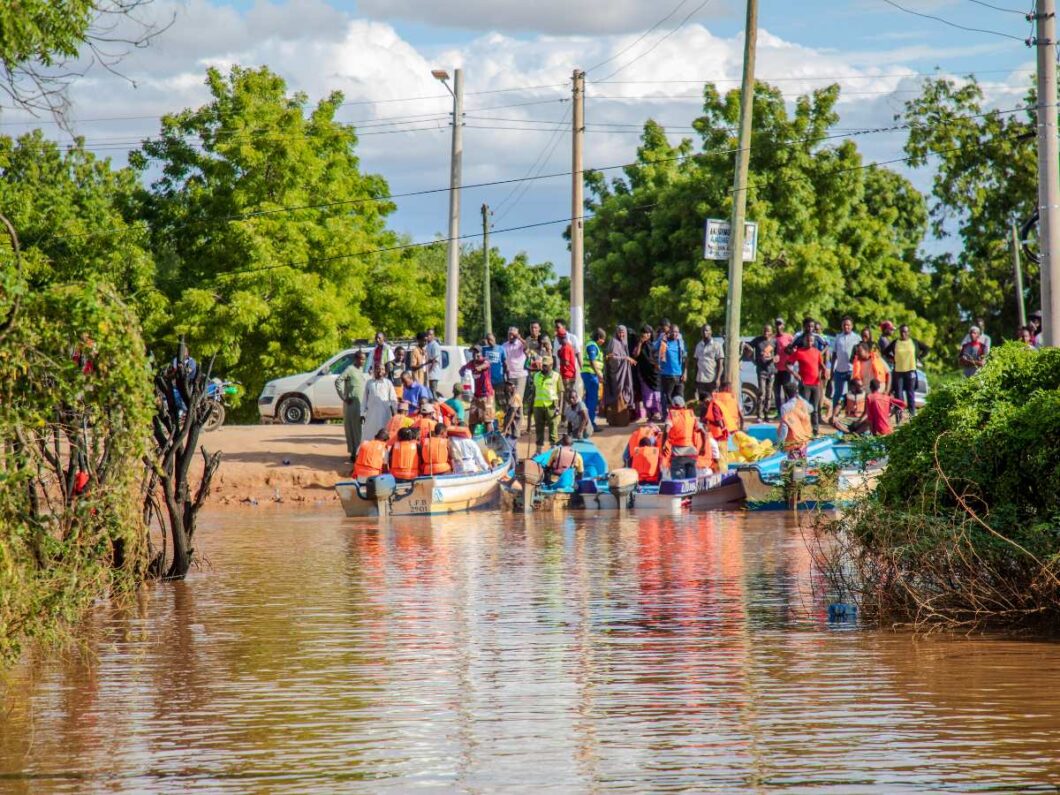
Countries across the world are experiencing more and more extreme weather leading to climate disasters.
Severe drought is a leading cause of undernutrition in more than a third of countries that have seen a rise in hunger levels in the past 15 years.
In the Sahel region of Africa – which includes countries such as Niger, Mali, Chad and Burkina Faso – the rainy seasons are becoming more erratic.
Droughts are leading to a decrease in food production while floods are causing outbreaks of diseases like cholera.
By 2050, the risk of hunger and malnutrition could rise by 20% if we fail to reduce and prevent the adverse effects of extreme weather.
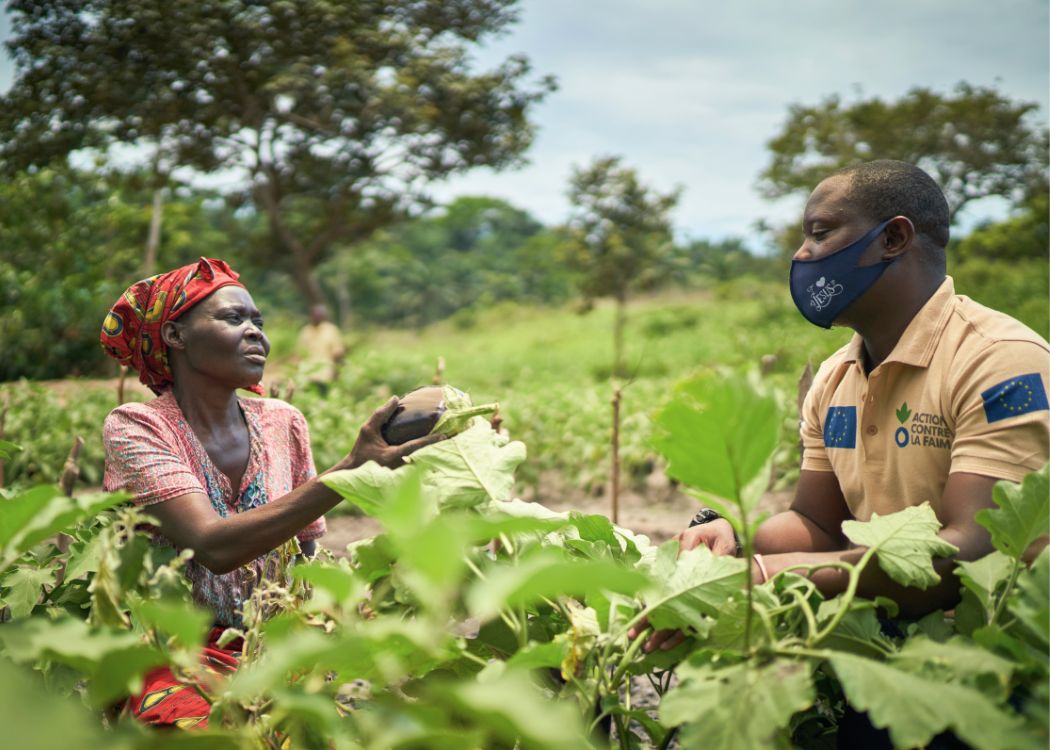
We work on long term farming and food production solutions to empower communities impacted by the changing climate.
We’re teaching farmers about climate-smart growing techniques and introducing nutritious, hardy crops that can better extreme weather conditions caused by the climate crisis.
Even when rainfall is limited, it’s possible for gardens to flourish and provide enough to feed families and livestock. With the help of innovative techniques, our teams are helping farmers grow more crops with less water.
And in climate emergencies, our teams are ready to step in when a climate disaster strikes.
Extreme weather, rising temperatures and unpredictable rainfall are making it harder to grow food. But farmers worldwide are are finding new ways to grow crops, protect their harvests and secure their livelihoods.

Erratic weather in Bangladesh is putting crops at risk. Explore how farmers like Shilpi and Sabuda are using sustainable techniques to protect their food supply.
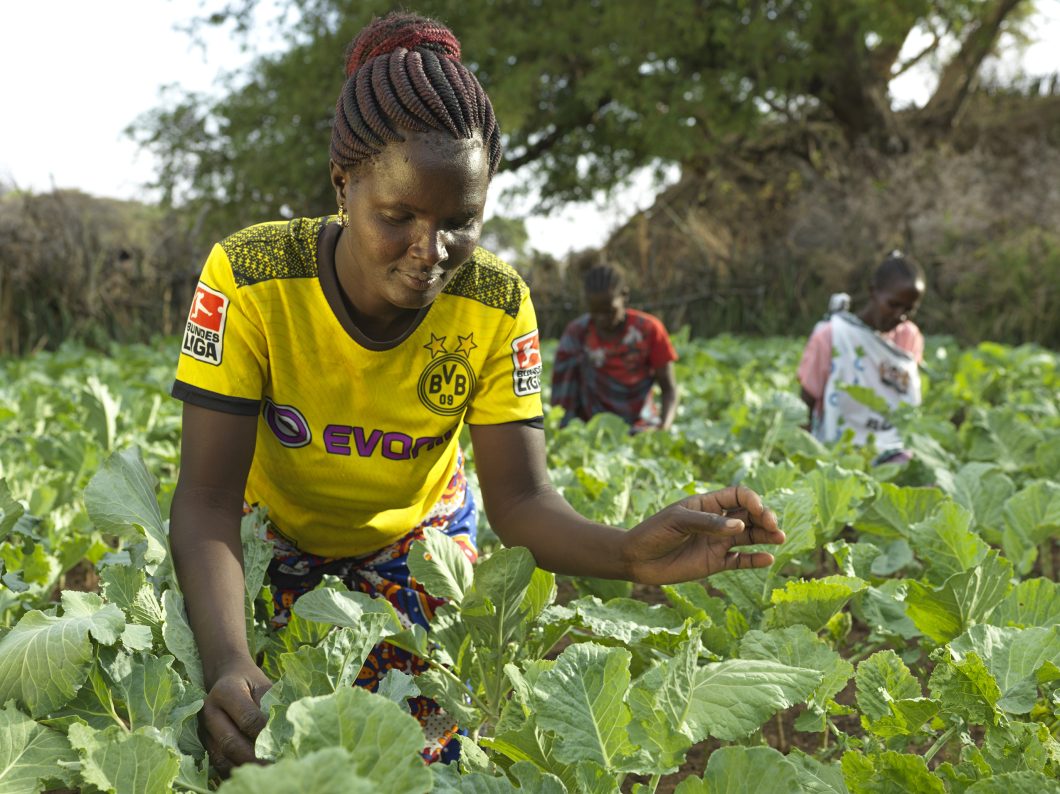
In Kenya, droughts are making it harder for families to grow food. With support from Action Against Hunger, women like Alice are using climate-smart farming to protect their children from hunger.
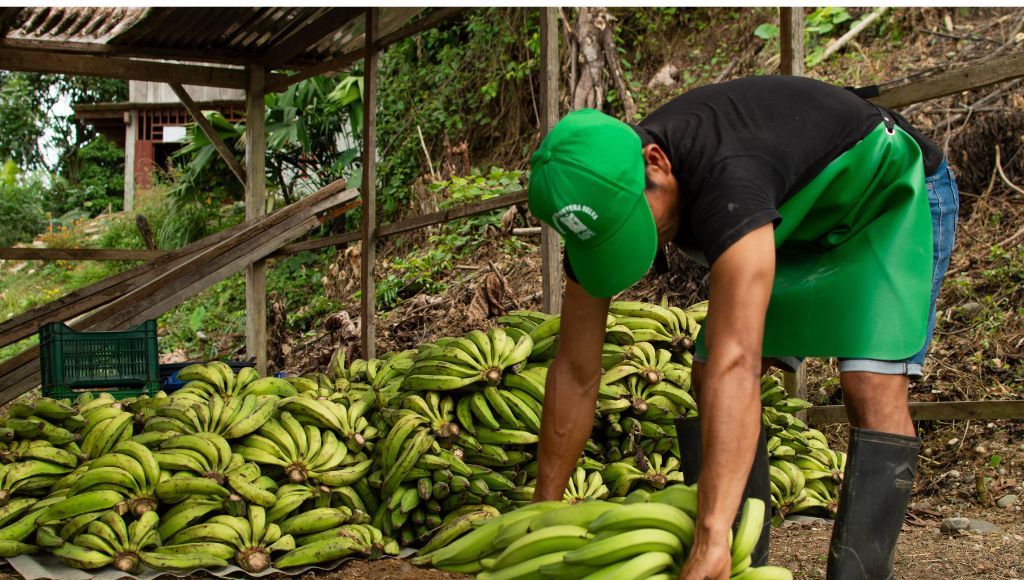
Crops like cocoa and coffee are being threatened by the changing climate. Learn what's at risk and how farmers are adapting to save their crops.
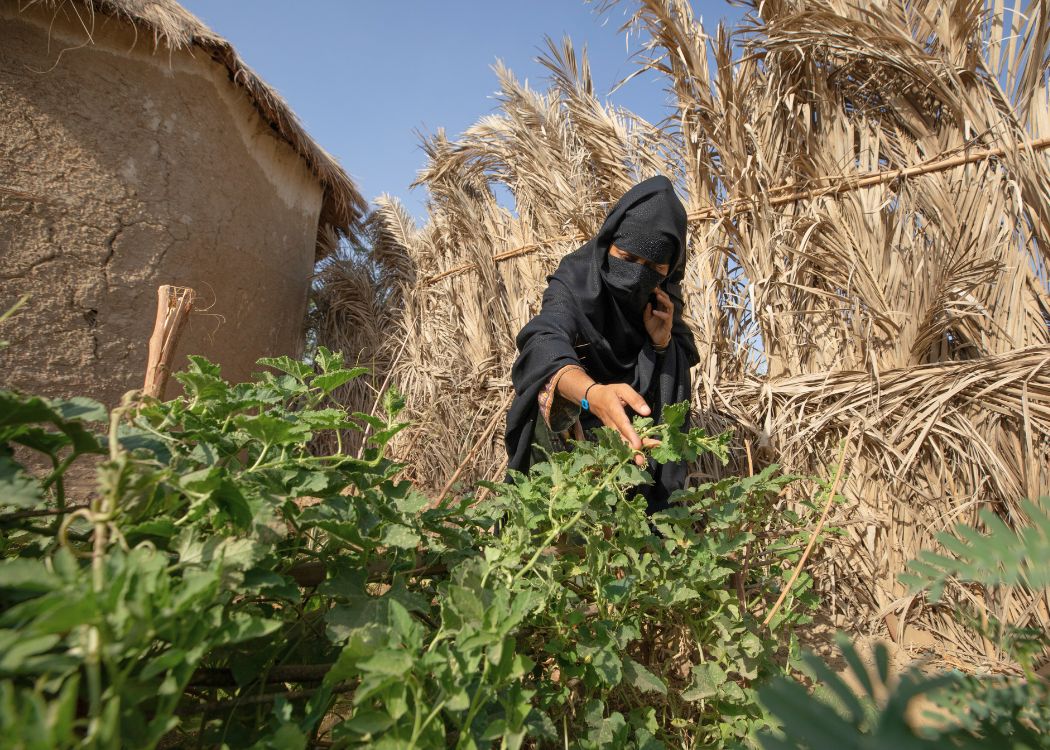
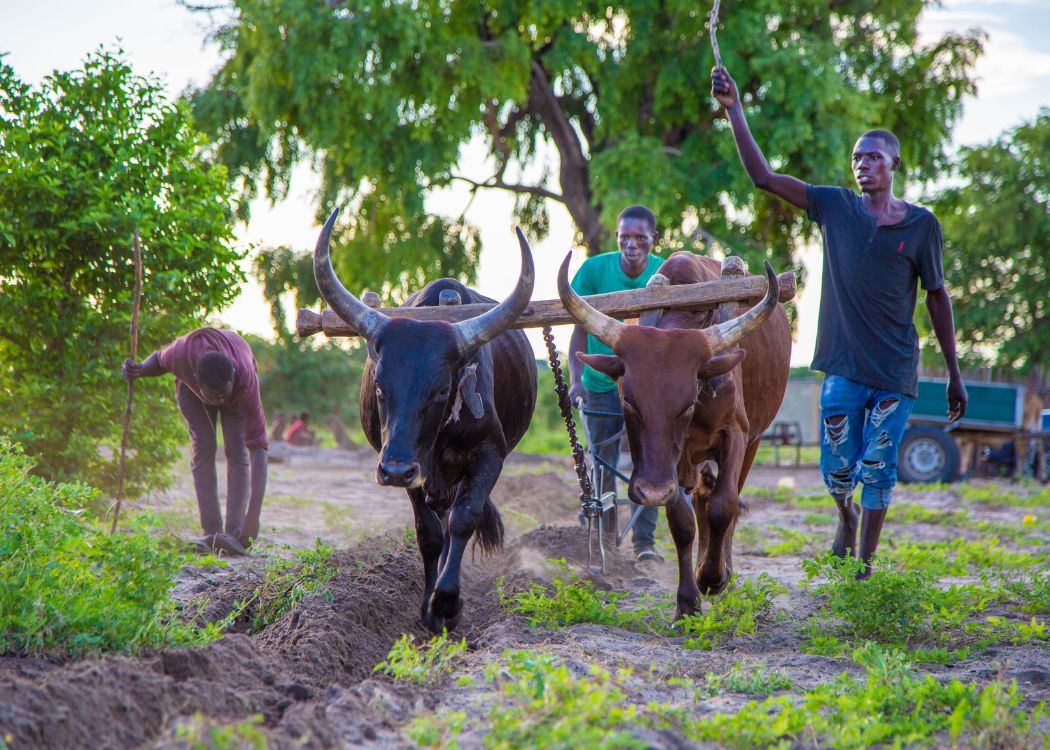
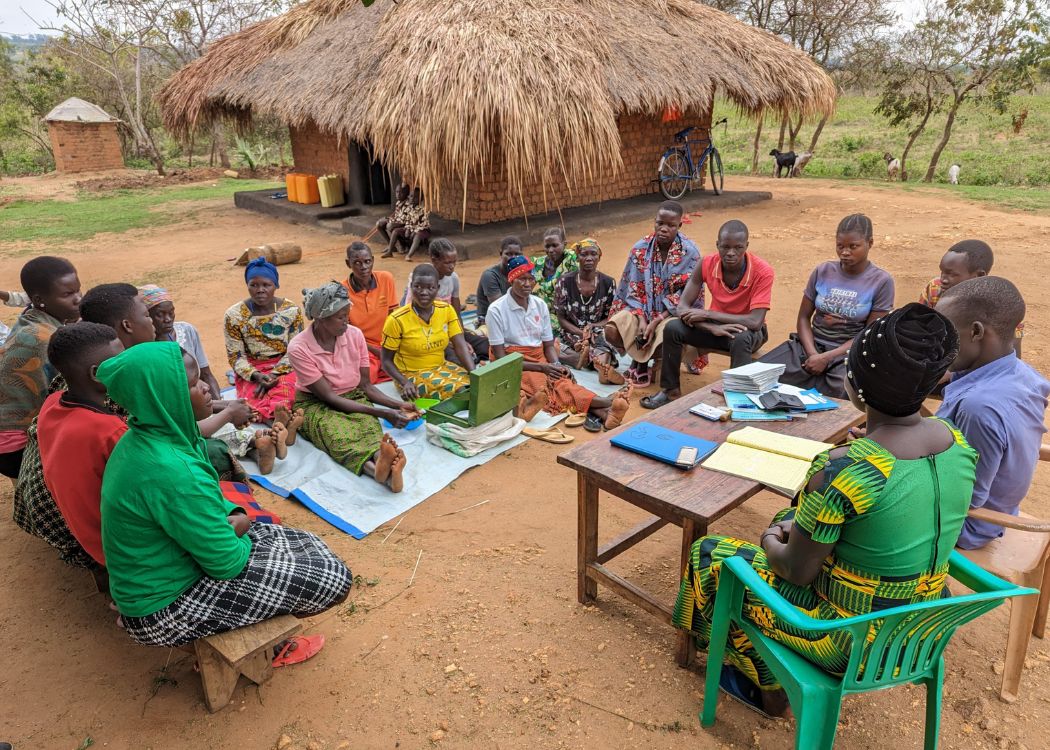
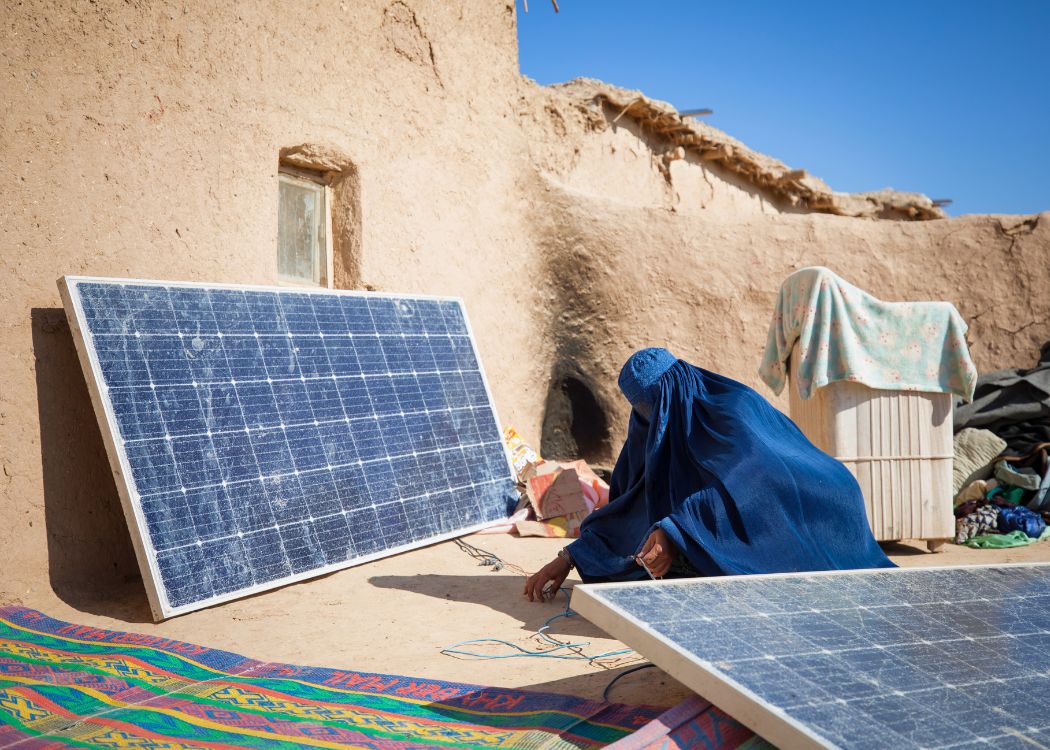
Climate change doesn't just affect the environment. It worsens other global issues, like food insecurity, conflict and gender inequality.
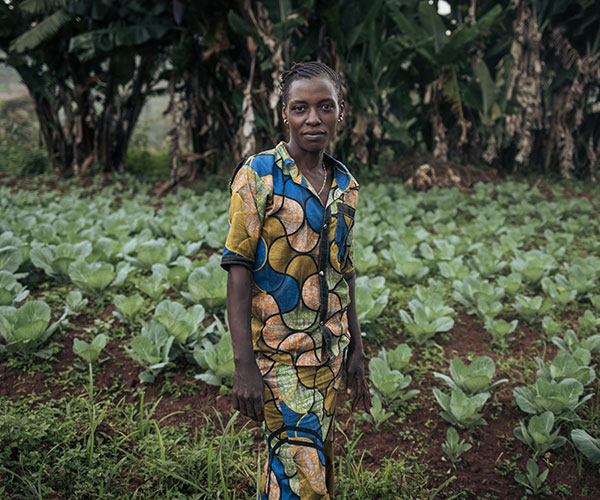
As extreme weather destroys crops and drives up prices, food shortages are leaving healthy food out of reach for millions.
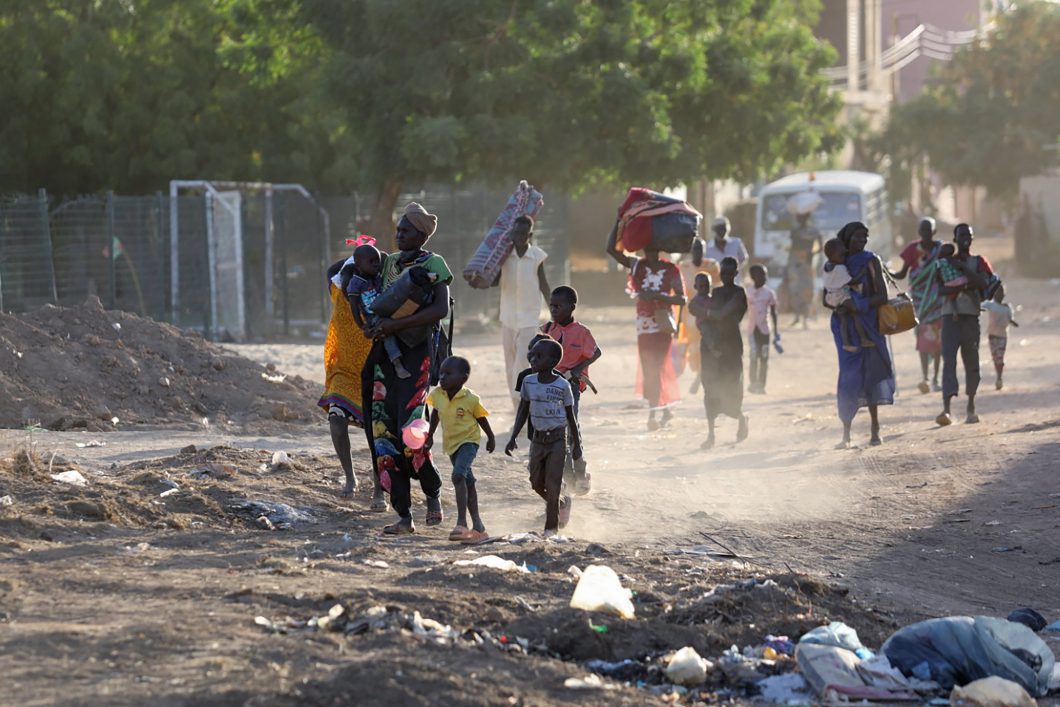
Loss of land, water and resources can lead to conflict and displacement, increasing hunger in the hardest-hit communities.
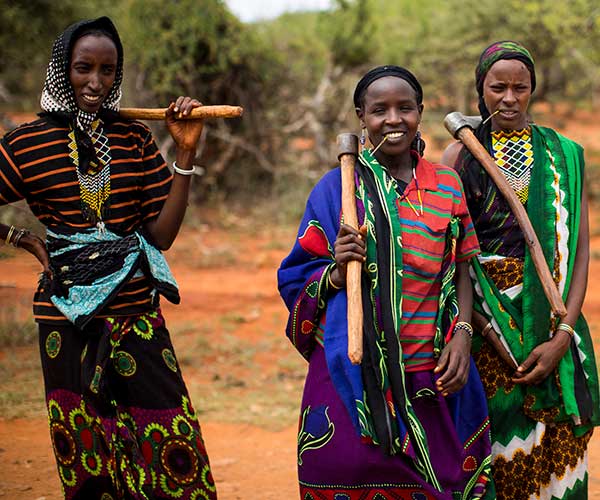
Women and girls often face the greatest risks during climate disasters and emergencies, with less access to food, income and support.
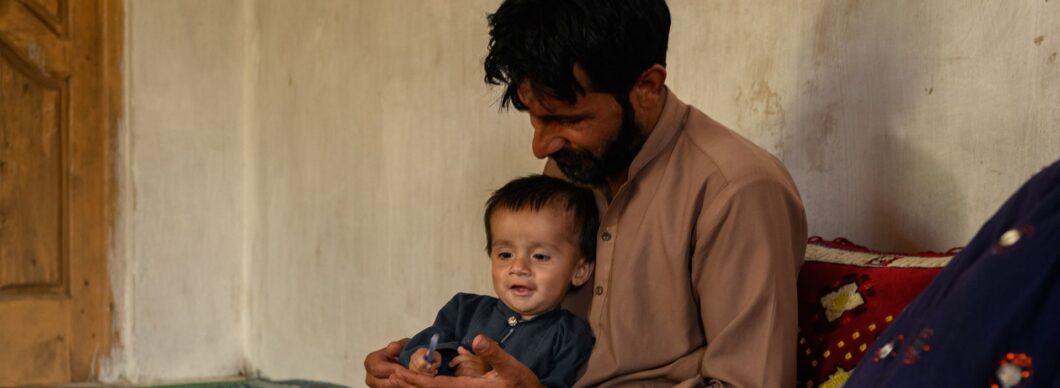
Afghanistan is already facing a hunger crisis, with over half of people needing humanitarian assistance.
And now an earthquake has struck.
Our teams are assessing the situation right now to see how we can respond. Your donation now can help us get aid to families impacted in Afghanistan.
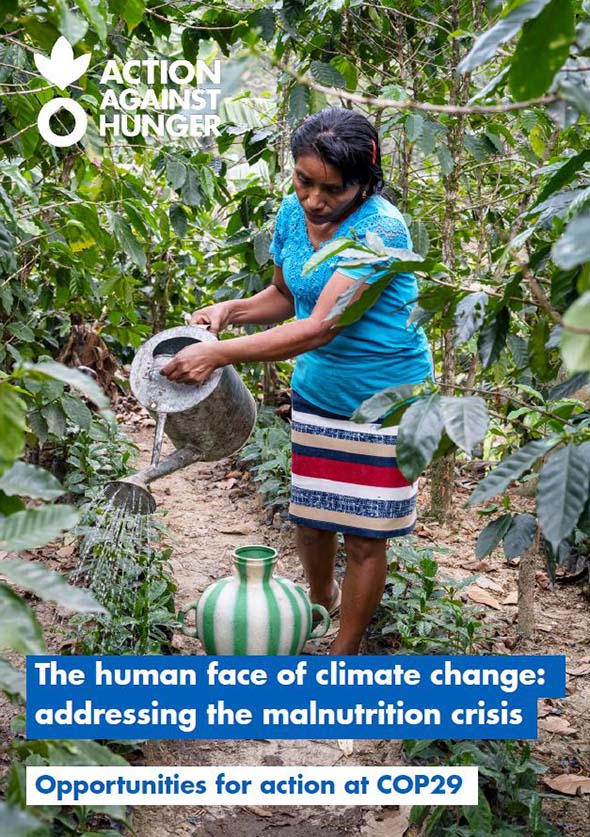
Climate change is fuelling a global hunger and nutrition crisis that is exacerbating existing inequalities and has severe, compounding impacts on women and girls. Here are our asks for addressing the malnutrition crisis at COP29.
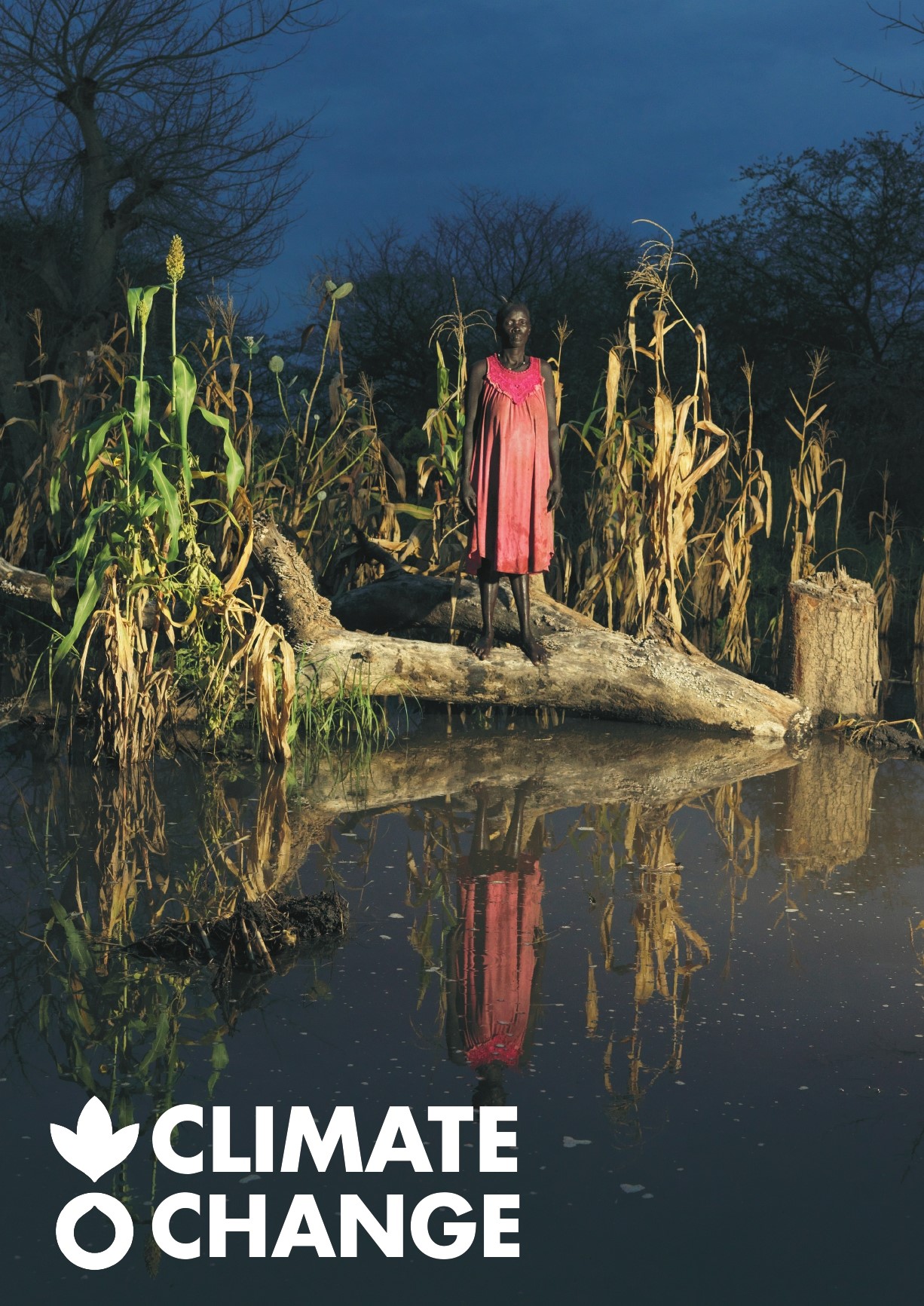
Rising temperatures and extreme weather are having a huge impact on people who already live in some of the toughest places on earth. Learn more about the effects of climate change and what we're doing to combat it.